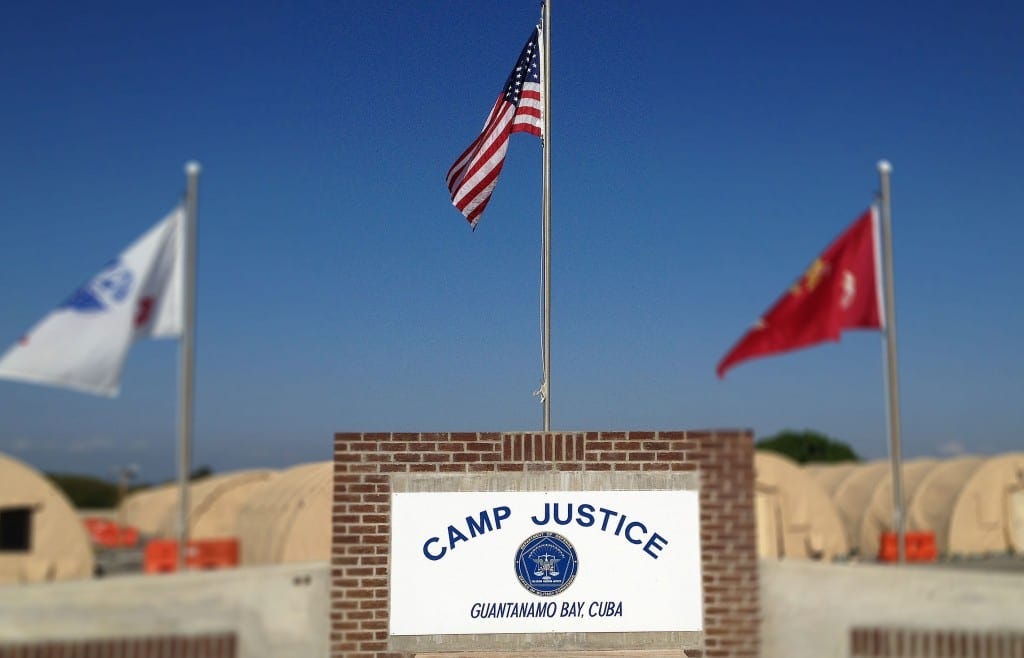Bonus 92: The Supreme Court and the Guantánamo Military Commissions
With three of the five 9/11 defendants agreeing to guilty pleas, it's worth reflecting on the Supreme Court's refusal in 2017 to resolve basic constitutional questions about the GTMO military trials
Welcome back to the weekly bonus content for “One First.” Although Monday’s regular newsletter will remain free for as long as I’m able to do this, much of the bonus content is behind a paywall as an added incentive for those who are willing and able to support the work that goes into putting this newsletter together every week. I’m grateful to those of you who are already paid subscribers, and hope that those of you who aren’t will consider a paid subscription if and when your circumstances permit:
I was originally going to devote this week’s bonus issue to Justice Kagan’s remarks last Thursday at the Ninth Circuit Judicial Conference in Sacramento, including her suggestion that the Court create a committee of lower-court judges who might enforce the relevant ethics rules against the justices. But then, news broke late Wednesday that three of the five defendants charged by a Guantánamo military commission with direct responsibility for the September 11 attacks have agreed to guilty pleas (and, obviously, that the government has agreed to them, too).
The plea deals, of course, have nothing directly to do with the Supreme Court. But that fact, of itself, is revealing. Indeed, a big part of how we got to 2024 without any resolution of the myriad constitutional questions hanging over the Guantánamo military commissions can be traced directly to the Court’s refusal to take up a pair of military commission cases in 2017—either of which could’ve gone a long way toward creating more certainty as to the validity (or lack thereof) of these military trials in the first place. Even if these plea deals make that resolution less likely in these cases, it would still be better, going forward both at Guantánamo and beyond, to resolve exactly when the federal government can use military commissions—and, even more importantly, when it can’t.
For those who are not paid subscribers, the next free installment of the newsletter will drop on Monday morning. For those who are, please read on.



